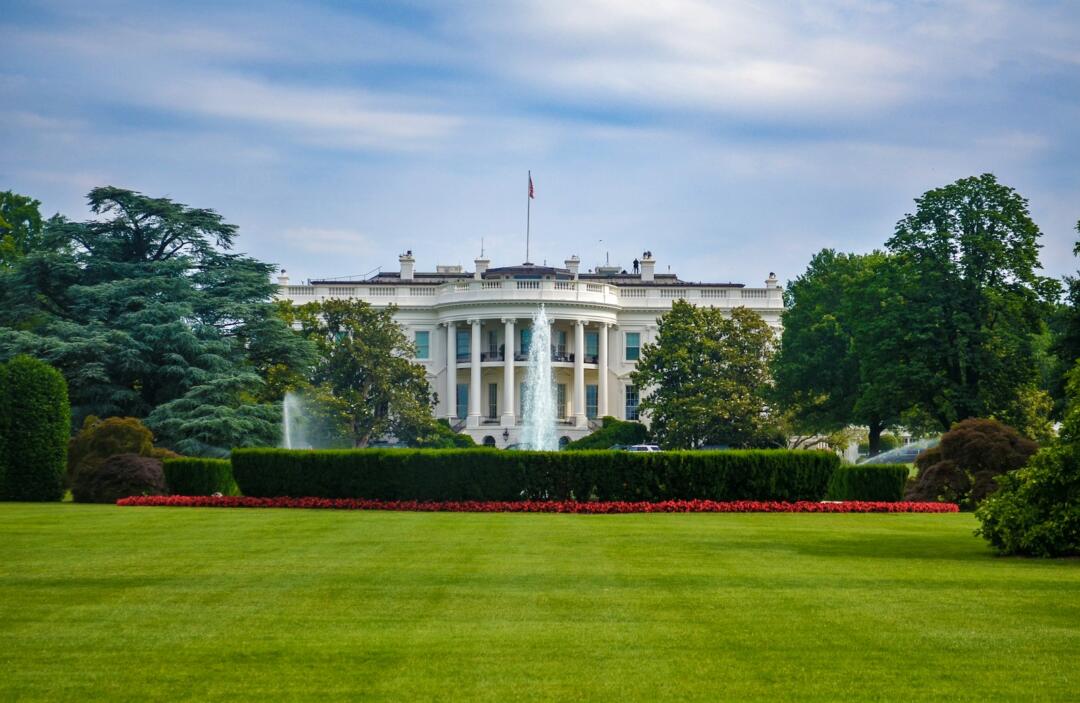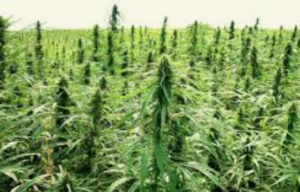The first major sports organization is recognizing cannabis can play a role in training and medical recovery
The Ultimate Fighting Championship (UFC) is the first sports organization to fully change their stance on cannabis and THC. Official Mixed Martial Arts events are now cleared for weed. UFC is the parent of the full-contact combat sport MMA which is based on striking, grappling and ground fighting, incorporating techniques from various combat sports from around the world. The first documented use of the term mixed martial arts was in a review of UFC 1 by television critic Howard Rosenberg. In the waning of days of 2023, they set another record when they shared they are dropping cannabis as a banned substance.
RELATED: California or New York, Which Has The Biggest Marijuana Mess
In 2021, the Ultimate Fighting Championship (UFC) took steps to shield professional fighters from penalties related to THC-positive test results. Now, the organization has gone one step further and officially removed cannabis from its revised list of prohibited substances for athletes.

“UFC’s goal for the Anti-Doping Policy is to be the best, most effective, and most progressive anti-doping program in all of professional sports,” said Hunter Campbell, UFC Chief Business Officer. “UFC is proud of the advancements we have made with our anti-doping program over the past eight years, and we will continue to maintain an independently administered drug-testing program that ensures all UFC athletes are competing under fair and equal circumstances. With this new iteration of the program, UFC has once again raised the bar for health and safety in combat sports.”
RELATED: People Who Use Weed Also Do More Of Another Fun Thing
“The criteria for prohibited substances will be modeled after WADA’s In and Out of Competition programs with modifications based on historical findings”. Marijuana was removed from the prohibited.
MMA (Mixed Martial Arts) is generally considered to be one of the most dangerous sports in the world because of the consistent hits to the head and body. A spinning heel kick to the jaw would have anyone gritting their teeth. Every fighter should expect to get injured at some point in their career. Injuries occur during training because they spend most of their time in sparring (low-intensity fighting), grappling, heavy bag, etc. Common injuries include skin lacerations, bone fractures, and concussions.
RELATED: Marijuana And Prostate Cancer
Medical marijuana will be a huge help after fights with inflammation, pain management and can help speed recovery. The players will be the beneficiaries this policy as it will

 Cannabis News2 years ago
Cannabis News2 years ago
 One-Hit Wonders2 years ago
One-Hit Wonders2 years ago
 Cannabis 1012 years ago
Cannabis 1012 years ago
 drug testing1 year ago
drug testing1 year ago
 Education2 years ago
Education2 years ago
 Cannabis2 years ago
Cannabis2 years ago
 Marijuana Business Daily2 years ago
Marijuana Business Daily2 years ago
 California2 years ago
California2 years ago




























